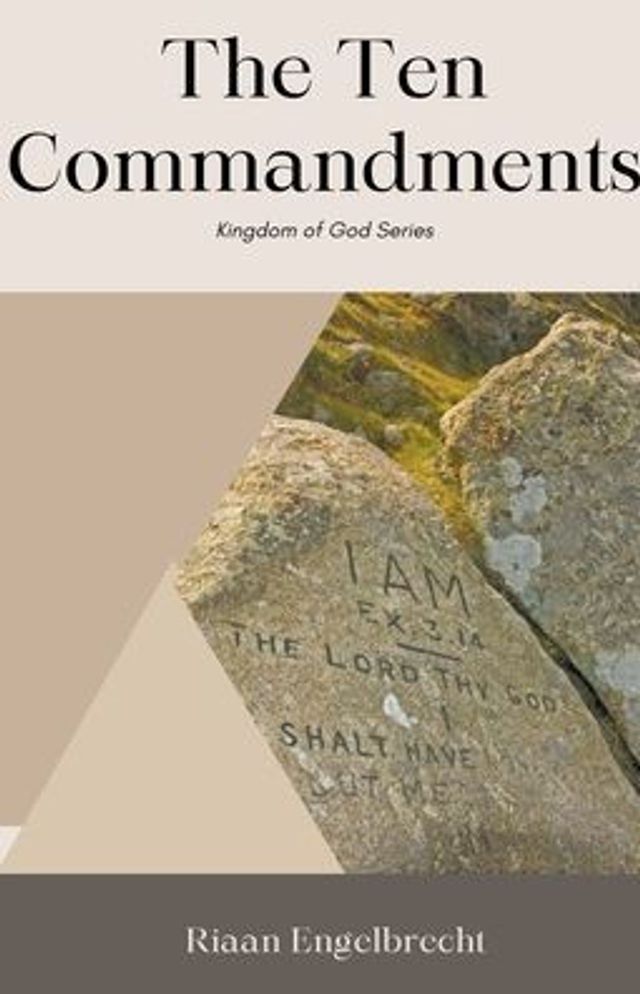Home
Letters on Christian Doctrine: The Ten Commandments of God and the Precepts of the Church



Letters on Christian Doctrine: The Ten Commandments of God and the Precepts of the Church
Current price: $19.95
Loading Inventory...
Size: OS
This is a three volume set
Volume 1 contains The Ten Commandments of God and the Precepts of the Church
Volume 2 contains The Sacraments Part I Baptism, Confirmation, Holy Eucharist, and Penance
Volume 3 contains The Seven Sacraments Part II The Sacrament of Extreme Unction and Last Rights, The Sacrament of Holy Orders and the Sacrament of Matrimony
THE aim of these Letters on Christian Doctrine is to supplement the more elementary instruction in Catholic belief and morals which is afforded by the ordinary annotated Catholic Catechism, and in some respects to go beyond the range of excellent manuals of religious instruction in which the Catechism receives fuller development. This programme clearly implies that the present Letters are designed mainly for such as are already past childhood, and who are either drawing towards full age or perhaps have already entered upon the serious work of life.
Not every grown-up Catholic has enjoyed the benefit of as thorough instruction in early life as would have been desirable. A good deal may yet remain for them to learn. Even in the case of those who are upon the whole well informed as to the practice of their religion, gaps in knowledge may still remain in places needing to be filled up, and long-standing misconceptions on some points may still survive which have never chanced to be dispelled by public instructions and sermons. As for those who hold their religious equipment to be complete cap-a-Pie once they have passed their, standards' or gone through a few years of college education, and who never go to sermons, it need scarcely be said that their knowledge must be far from complete. People could, of course, remedy their deficiency by applying to priests and confessors.
But inquiry supposes doubt, or at least a misgiving, and even the best intentioned are often all unconscious of their shortcomings. So it commonly happens that no questions are asked. Thus their deficiency may become settled and permanent, and also spread itself to others who depend upon them for light and guidance. Be this as it may, there seems to be a fairly large field of information which may profitably be opened out to Catholics generally, instead of being reserved as a private hunting-ground for the confessor and pro· fessional theologian.


















